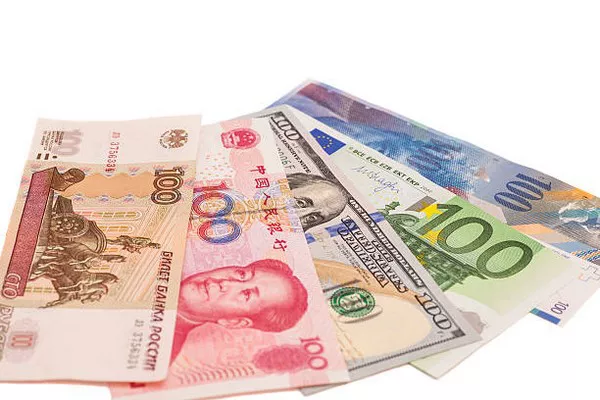The global geopolitical landscape has witnessed significant transformations in recent decades, and one of the most notable developments has been China’s meteoric rise on the world stage. As the second-largest economy and a powerhouse in various sectors, the question of whether China can be considered a first-world country has become a subject of intense debate. This article aims to explore the complexities surrounding China’s classification and assess its current standing in the context of traditional first-world categorizations.
Defining First World:
The term “first world” originated during the Cold War to describe countries aligned with the Western bloc, including the United States and its allies. These nations were characterized by advanced economies, industrialization, political stability, and high living standards. Over time, the concept evolved beyond its Cold War roots, encompassing broader criteria such as technological advancement, infrastructure development, and social indicators.
China’s Economic Ascendancy:
China’s economic transformation since the late 20th century has been nothing short of remarkable. From being a predominantly agrarian society, China embraced economic reforms in the late 1970s, propelling it into a global economic powerhouse. The country’s GDP growth, infrastructure development, and technological advancements have been unprecedented, leading many to question whether China can still be considered a developing nation.
However, the sheer size and diversity of China’s population present unique challenges. While coastal regions exhibit characteristics of first-world development, vast inland areas still grapple with poverty and underdevelopment. The income disparity between urban and rural areas remains a significant concern, challenging the notion of a uniform first-world status.
Technological Advancements and Innovation:
China’s prowess in technology and innovation is undeniable. The country has rapidly advanced in areas such as artificial intelligence, 5G technology, and space exploration. Companies like Huawei, Alibaba, and Tencent have become global players, contributing to China’s reputation as a technological hub.
The government’s strategic focus on research and development, combined with a burgeoning entrepreneurial spirit, has led to a robust innovation ecosystem. However, concerns persist regarding intellectual property rights, state control, and market access barriers, which are factors traditionally associated with first-world nations.
Social Indicators and Quality of Life:
First-world status is not solely determined by economic indicators; social factors play a crucial role. China has made significant strides in improving education, healthcare, and overall living standards. The expansion of social safety nets, increased access to education, and poverty alleviation initiatives have positively impacted millions of Chinese citizens.
Yet, challenges remain, including environmental degradation, urbanization issues, and concerns about human rights. The Chinese government’s control over information and restrictions on freedom of expression have raised eyebrows on the international stage, leading to debates about the compatibility of such practices with the principles associated with first-world nations.
Global Leadership and Influence:
China’s assertive role in global affairs has grown in prominence. The Belt and Road Initiative, diplomatic engagements, and participation in international organizations showcase China’s commitment to shaping global governance. The country’s influence in multilateral forums and economic institutions challenges the traditional dominance of Western powers, further blurring the lines between first-world and developing nations.
China’s stance on global challenges, such as climate change and public health crises, also contributes to its evolving image. By actively participating in international efforts, China positions itself as a responsible global stakeholder, a characteristic often associated with first-world nations.
See Also Why Is Chinese Yuan Most Traded?
Conclusion:
The question of whether China is considered a first-world country lacks a definitive answer due to the evolving nature of global classifications. China’s unique blend of rapid economic development, technological prowess, and global influence challenges traditional notions of first, second, and third-world categorizations.
While China has undoubtedly achieved first-world status in certain aspects, persistent challenges such as income inequality, environmental issues, and human rights concerns prevent a clear-cut designation. The dynamic nature of China’s development emphasizes the need for a nuanced understanding that goes beyond traditional labels, recognizing the country’s multifaceted reality.
In conclusion, as China continues to shape the global landscape, the international community must adapt its frameworks for evaluating nations’ development. The question of China’s first-world status reflects the broader challenge of defining and categorizing countries in a rapidly changing world order.


